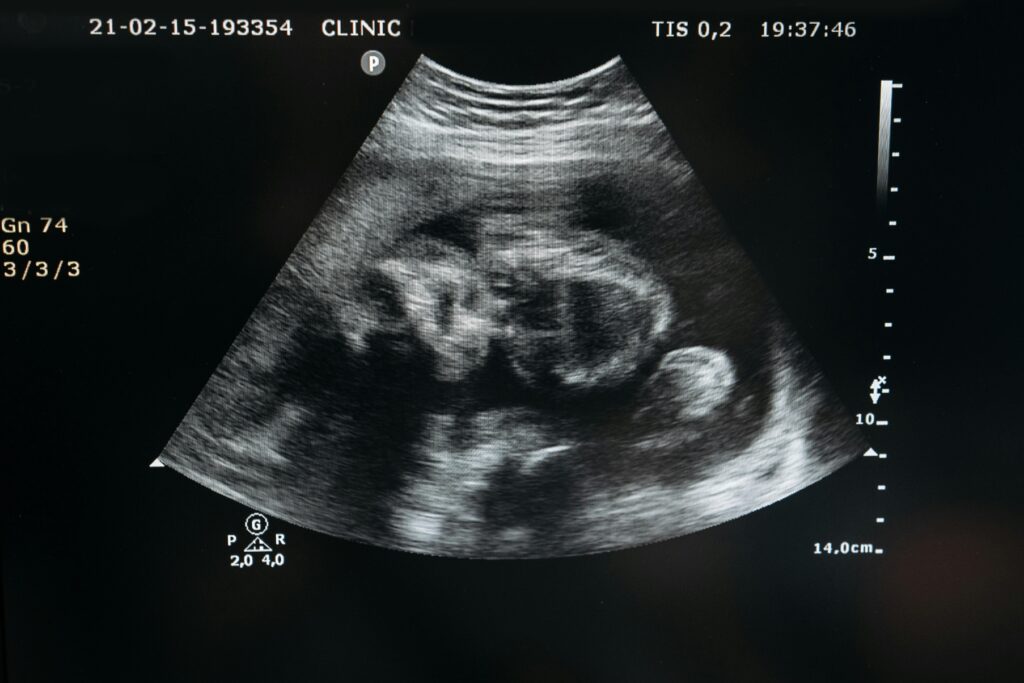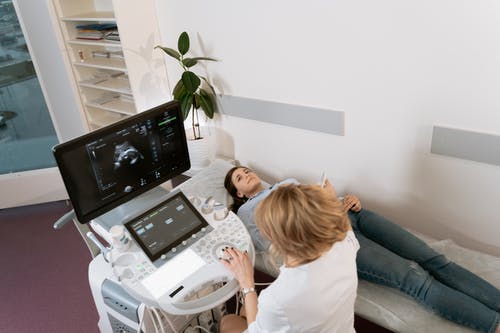Point of care ultrasound
Obstetric triage plays an important role in the management of pregnant patients with various concerns or emergencies. In this article, we explore the importance of efficient and accurate assessments in obstetrics, focusing on the role of point-of-care ultrasound (POCUS) in optimizing patient care.
Understanding triage for obstetricians
Antepartum triage involves the timely assessment and management of pregnant women—patients to determine the urgency of their condition and provide appropriate treatment. Typical reasons for obstetric studies include vaginal bleeding, abdominal pain, decreased fetal movement, and premature rupture of membranes.
The Role of Targeted Ultrasound
POCUS has become an invaluable aid in obstetric studies because of its accessibility, portability, and ability to provide real-world results. – time-lapse photography. Ultrasound examinations performed in triage can help identify potential complications such as placental abruption, fetal distress and ectopic pregnancy, allowing for rapid intervention and treatment.
Preparing Obstetricians for Triage
Healthcare providers must ensure that equipment is properly set up and calibrated before performing. ultrasound examinations in obstetrics. Patient preparation includes obtaining informed consent, explaining the procedure, and answering the patient’s concerns or questions. Building rapport with patients is important to build trust and ensure their comfort during the exam.
Top Ultrasound Tips for Effective Assessment
Effective and accurate assessments in obstetrics require skill in ultrasound technique and interpretation. Healthcare providers must be able to identify normal and abnormal findings, recognize signs of obstetric emergencies, and optimize image quality for optimal visualization of fetal and maternal structures.
Obstetrics
Obstetric challenges may include patient technical anxiety, and problems with ultrasound. equipment and the need for effective communication with other healthcare providers. Healthcare providers must be sensitive to patient concerns, quickly resolve technical issues, and communicate ultrasound findings clearly to facilitate appropriate treatment decisions.
Case Studies and Examples
Real-life case studies can illustrate the impact of POCUS on obstetric care and demonstrate how. timely and accurate assessments can improve patient outcomes. By sharing examples of effective and accurate assessments, healthcare providers can emphasize the importance of POCUS in optimizing patient care.
Continuing Education and Improvement
Continuing education and expertise in ultrasound technology is essential for healthcare providers involved in obstetrics. By maintaining best practices, incorporating peer and patient feedback, and staying abreast of advances in POCUS technology, providers can improve their skills and contribute to better patient care.
Conclusion
Ultimately, navigating obstetric care requires efficient and accurate assessments, with COULD playing an important role in optimizing patient care. By following best practices, proactively responding to challenges and committing to continuous improvement, healthcare providers can ensure timely intervention and better outcomes for pregnant patients in the triad.


